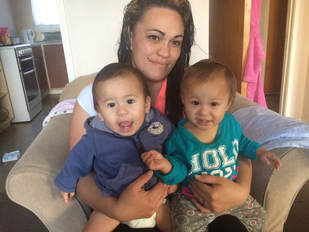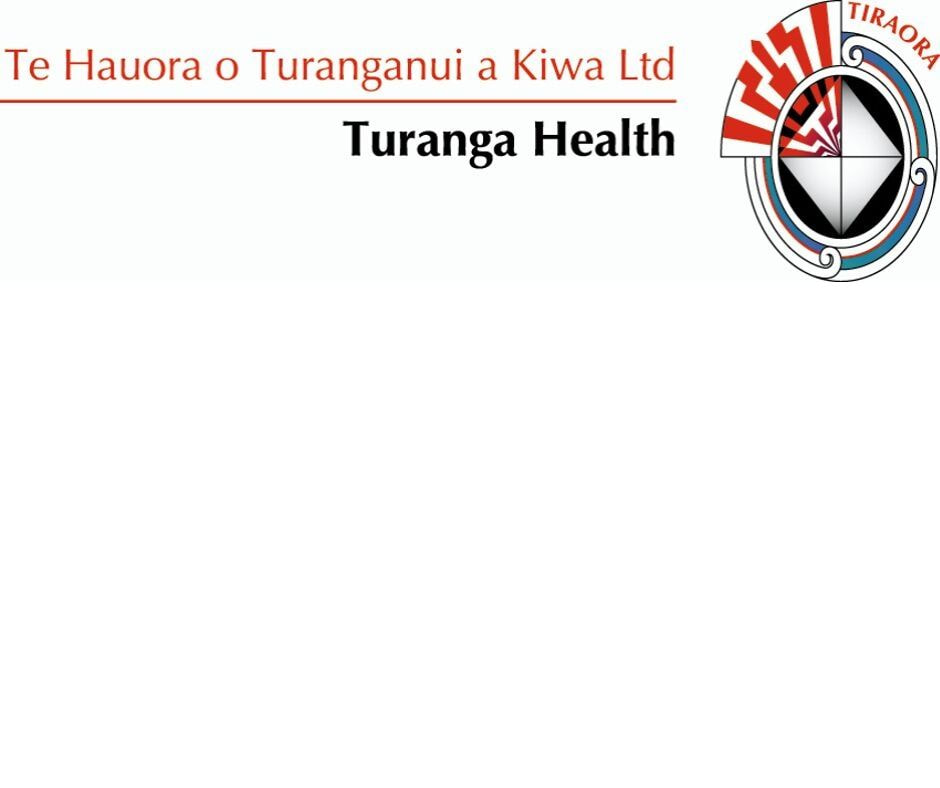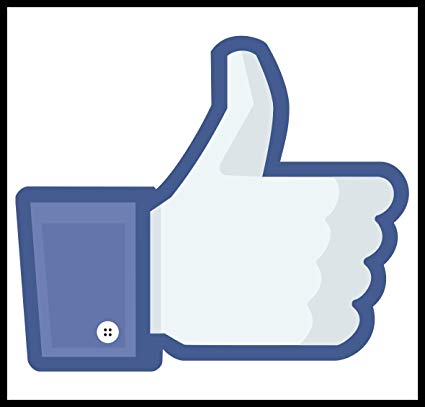 Lamere Edmonds and her eight-month-old twins are doing well thanks to Lamere's own determination and Turanga Health's wraparound services. Lamere Edmonds and her eight-month-old twins are doing well thanks to Lamere's own determination and Turanga Health's wraparound services. LAMERE Edmonds pulls into her driveway, enters her warm, dry unit and takes her eight-month-old twins with her as she has a quick shower to wash off the day's work. A vehicle, a job, and a home for her babies . . . all things she could never have dreamed of just six months ago. After a “horrible” 12 months plagued by legal problems and family breakdown, Lamere was living in a refuge with her baby twins. Her two older sons (aged 3 and 4) were with whanau, she had no job, and no drivers' licence. The 28-year-old knew she had to turn things around and that’s where they long arms of Turanga Health come in. “It seems crazy now, but it's like I had to get to the point where I had no other options before I could ask for that help.” Lamere had already connected with Turanga Health last year by taking part in its antenatal classes in the lead-up to Justyce and Harmony's birth. “I had already had the boys but I'd never had twins and I knew Janelle (Turanga Health's Mama and Pepi kaiawhina Janelle Te Rauna-Lamont) had triplets, so I thought it was a chance to learn about multiples,” she says. While the babies turned out to be “cruisy as” Lamere herself needed extra help. Turanga Health linked Lamere into programmes including Mama And Pepi (for pregnant mothers); Tamariki Ora (for healthy babies); Mums And Bubs (fitness for mums); and Driver Learner Licence (to get her on the road – legally). Her Turanga Health Whanau Ora navigator, Tangiwai Milner, helped get Lamere and the twins into a cosy, two-bedroom Housing New Zealand unit and got to work on accessing funds for vitals like car seats and furnishings. And at the beginning of July, Lamere started back in the workforce. “When you consider that I started from nothing, Turanga Health has had a huge impact on our lives,” she says. Meet the staff: Tangiwai Milner has worked at Turanga Health since graduating with a social work degree in 2015. She works with up to 30 whanau. Below she shares how she and the other kaiawhina can help. “When I visit whanau we talk about putting together a plan that will help them take control of their lives. It might be something as simple as doing a literacy course or getting a driver's licence. Or I might refer them on to another service to achieve a certain aim. Even the seemingly little things can have a big impact. If you don't have a driver's licence you can have trouble with employment, you can't take your babies to the doctor, it can be very limiting. Our ultimate goal is to empower whanau to take charge themselves. I like to think I can support whanau in achieving their goals, while ensuring they do 95 percent of the work. They know the support is there and we walk alongside so they can make a difference in their own lives.”
0 Comments
Leave a Reply. |
Media Releases
Email us if you want to receive our media releases. Archives
February 2024
|


